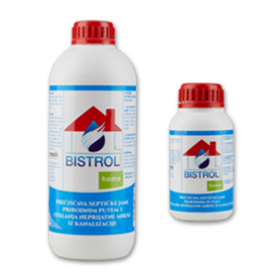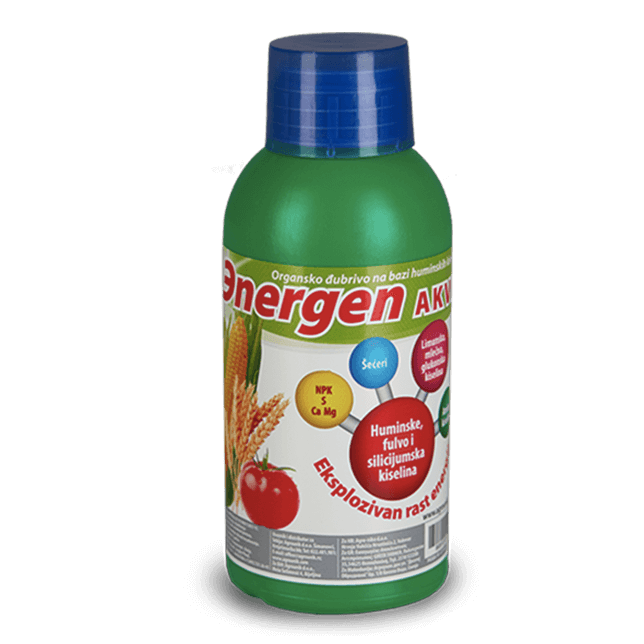Water pollution is the most complex global environmental problem. Every pollution with chemical waste from industry and transport, pesticides from agricultural areas reaches groundwater, wells, rivers, lakes, and the sea.
Domestic wastewater is tap water or natural water of an approximate quality that is used for cooking, washing, or sanitary needs in the household. In addition to minerals and organic matter, it also contains significant amounts of human excrement, paper, soap, and other detergents, food waste, and a large number of other waste materials.


Why is a functional septic system important?
The septic system is a mini plant for the processing of sewage and wastewater. This complex system consists of sanitary devices, pipes, a septic tank or septic tank, and a zone into which wastewater is discharged (surrounding land). To avoid disturbances in the functioning and blockage of the septic system, it is necessary to understand how it works and how it should be preventively maintained.
The modern way of life imposes the use of various chemical agents for maintaining personal and general hygiene in the household, which have an extremely negative effect on the conditions in the septic system.
Disruption of the natural biological balance first leads to slow operation of the septic tank, and later to complete clogging due to the deposition of undegraded waste. A serious problem is the deposition of undegraded fats and oils in the soil around the pit, which creates a completely impermeable zone and it becomes a closed vessel.
The contents are spilled on the surface, unpleasant odors are spread, and there is a danger of infectious diseases.
What does the biological treatment of a septic tank look like?
For the treatment of sanitary wastewater, the use of preparations based on different types of microorganisms is recommended. Biological treatment is used for:
- removal of organic matter;
- removal of nitrogen (as a biogenic element) by nitrification and denitrification processes;
- decomposition of sludge from the process of primary wastewater treatment.
Biological processes of water purification can take place as aerobic and anaerobic, with the help of aerobic or anaerobic microorganisms.
Why is Bistrol the best solution for septic tanks?
The scientific research team of Agrounik has developed the BISTROL HOME preparation for the treatment of sanitary wastewater from septic tanks. Bistrol Home contains a consortium of aerobic and anaerobic bacteria that have been isolated from the natural environment.
Bacteria produce protease, cellulase, and lipase enzymes, which break down the content of organic waste, eliminate unpleasant odors, reduce the amount of sludge, and shorten the time until the pit is emptied.


















